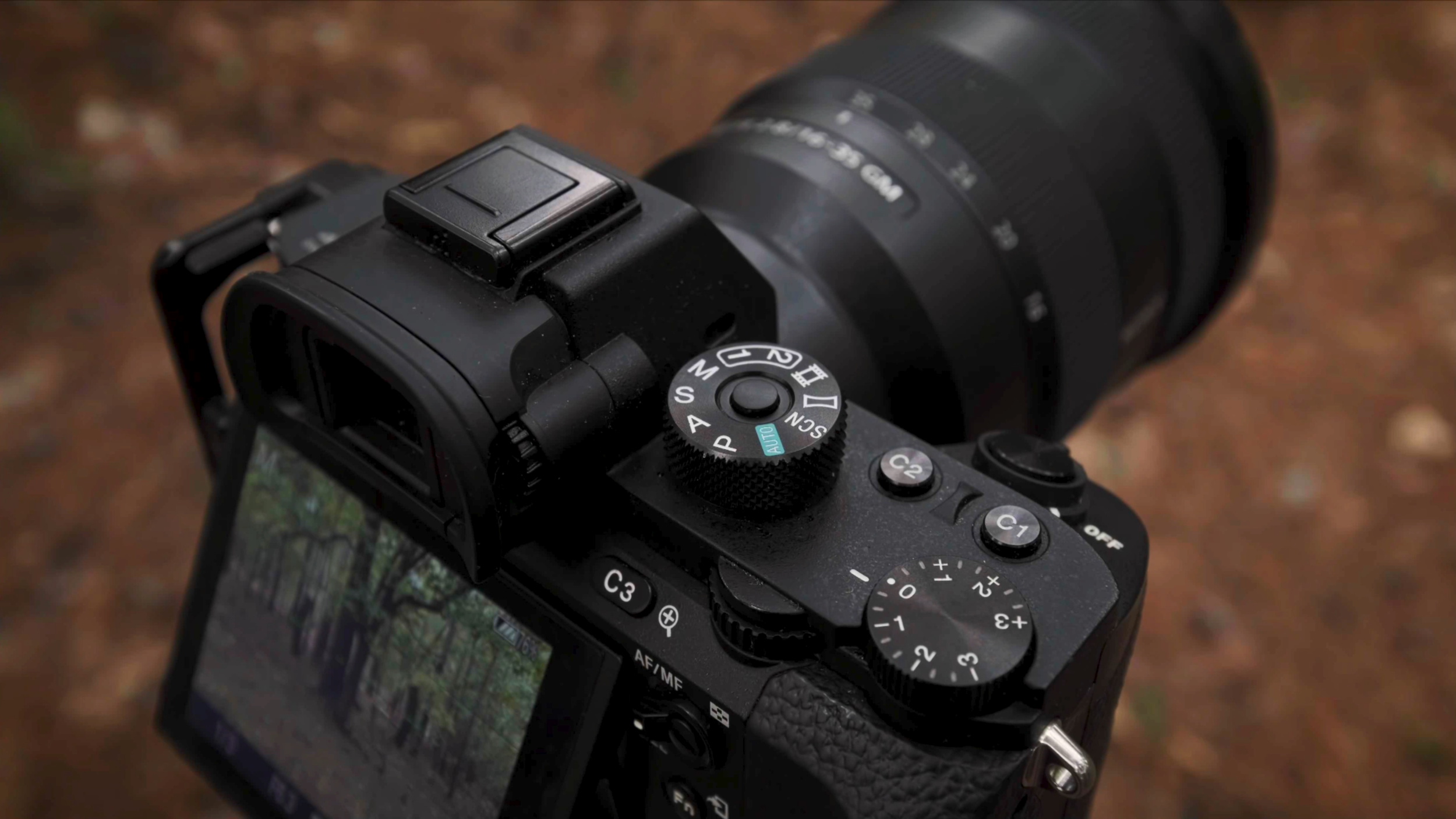When you’re beginning a new endeavor it’s common to receive advice from various different sources, whether it’s directly from someone or indirectly from books, podcasts or tutorial videos. Some of this advice can be highly beneficial and others can be, well not so good. When trying to determine the good from the bad, I believe it’s equally as important to understand what not to do as it is to understand what to do. In this article I discuss the nine worst pieces of advice I received during my first year of landscape photography.
#9 Always Shoot in Manual
I do agree that it’s important to understand how to use Manual mode on your camera as it will help you better understand how the exposure triangle works, but I don’t think that always shooting in manual mode is a must. It really comes down to the specific situation you find yourself in.
#8 Must Have Graduated ND Filters
I believe there’s only one filter that’s a “must have” for landscape photography and that’s a circular polarizer as it’s effects cannot be replicated during post processing. However, a Graduated ND filters effects can easily be replicated in post, so I don’t think this is a must have filter for landscape photography.
#7 Always Expose to the Right
I actually do the opposite now where I underexpose my images in order to protect the highlights. The dynamic range of camera’s today is better than ever, you can easily pull a couple stops of clean shadow detail from the darker areas of an image. So I think it really just depends on the specific camera you’re using, but not something that should be done in every scenario.
#6 Always Shoot on a Tripod
This is a good habit to get into, but it’s not something that must be done in every situation. If things are unfolding quickly there’s no problem with handholding your shot. We’re often using a fast enough shutter speed that we can easily handhold the photo, especially with the stabilized cameras and lenses available today.
#5 Only Shoot Golden Hours
I do agree that sunrise and sunset are two of the best times to photograph landscapes, but a great landscape photo can be captured at any time of the day. It really depends on the light more than anything as you can’t assume that afternoon light is always going to be harsh. I personally love shooting on overcast days where the light is clean and evenly lit.
#4 Must Have Full Frame
I believe the only time a full frame camera is almost required is for astro photography. The larger sensor will perform much better in extreme low light situations, but for a beginner that predominately shoots during the day, I don’t think a full frame camera is a requirement. Today’s crop sensor and micro four thirds cameras are more than adequate.
#3 Don’t Get an L Bracket
I was told years ago not to waste my money on an L bracket as it would make my camera heavy and bulky and if I needed to switch my composition into a vertical orientation than I should roll my ball head over into the “notch”. The problem with this is that it’s not only a clunky solution, but it also changes your composition and make a pano near impossible!
#2 Never Crop
This is a big one for me - the old adage “get everything right in camera” philosophy! I always heard that cropping your images will ruin the overall resolution of your photo, but with modern day cameras shipping with the resolution that they do, you have more than enough room to crop into your composition. So, I don’t think you need to get everything right in camera.
#1 “Holy Trinity of Lenses”
This is the advice that impacted me the most from a financial perspective. It’s not so much the “trinity” of lenses as it is the thought track that you should fill out a specified focal range from wide to telephoto and purchase lenses that covers everything in between. This is exactly what I did and spent a small fortune in the process. I think the better advice is to start small and build up, figure out the focal lengths you enjoy shooting and only get those specific lenses.
I’m sure everyone’s list of bad advice they’ve heard is a bit different, but I hope that mine resonates with you and provides you with an additional point of view that’ll enable to you to determine if this is advice that’s beneficial to you.
Mark






